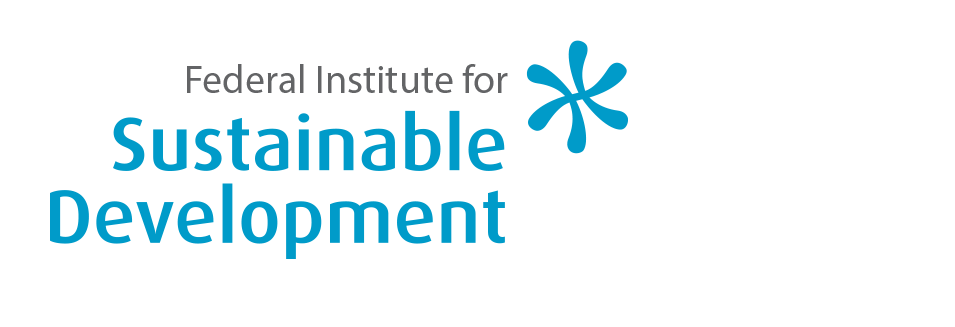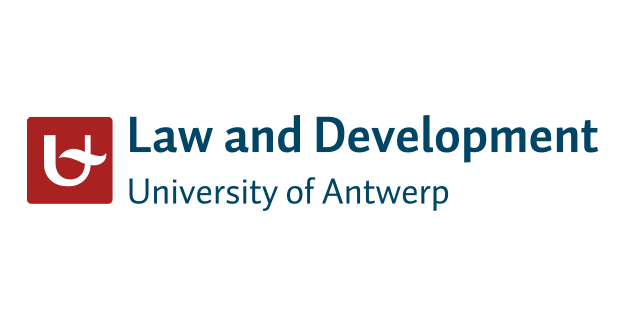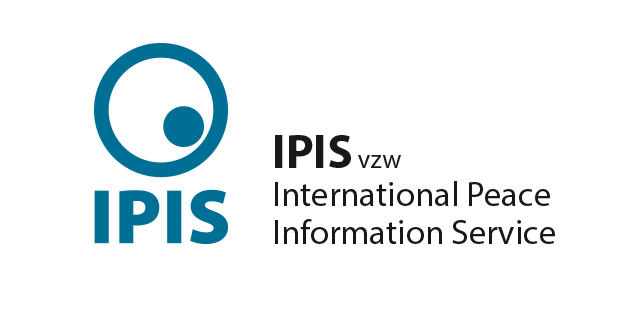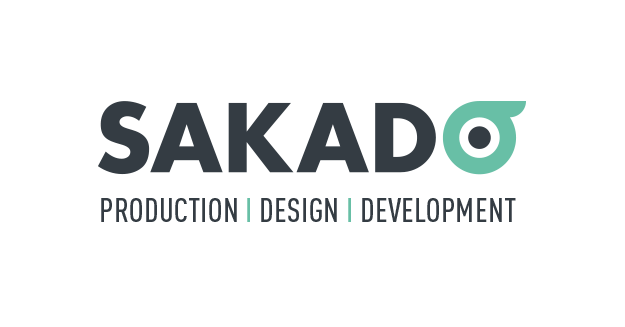5 Multi-stakeholder initiatives
Where can MSI be found?
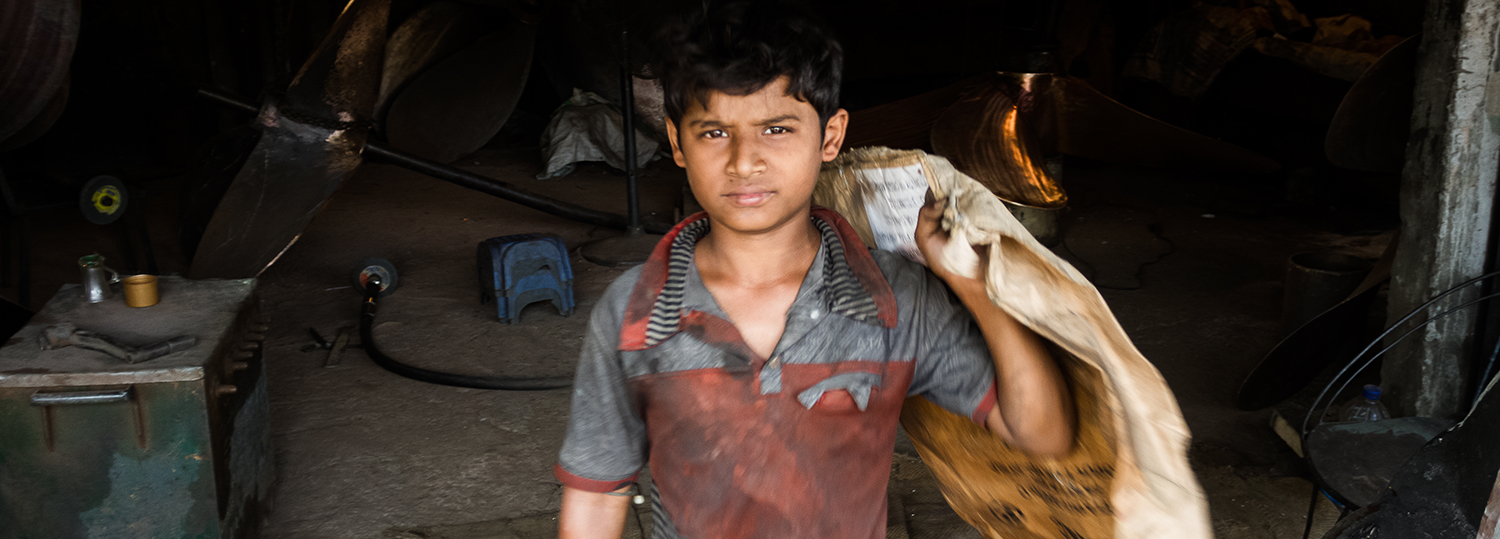
This page contains two types of sources. Firstly, sources explicitly mentioned on the previous pages (“what?”, “why?” and “how?”), with their corresponding hyperlinks for further consultation, are arranged by the institution that released. Secondly, there is a bibliography of sources consulted to draft the tool, which can be useful for further inquiry about the topic.
Some multi-sectorial initiatives are part of an institution, others are independent initiatives. This tool describes the MSIs of four institutions of which Belgium is a member (United Nations, OECD, ILO and the EU) and the intergovernmental Kimberley Process. Finally, links are provided to MSIs in other countries.
- United Nations (UN)
-
Global Compact Network Belgium
UN Global Compact Food and Agriculture Business Principles
The Environmental Rights Initiative: Promote, Protect, Respect Environmental Rights
- The Organisation for Economic Co-operation and Development (OECD)
-
OECD Guidelines for Multinational Enterprises
Sourcing Gold from Artisanal and Small-Scale Mining
Due Diligence Guidance for Meaningful Stakeholder Engagement in the Extractive Sector
OECD-FAO Guidance for Responsible Agricultural Supply Chains
Due Diligence Guidance for Responsible Supply Chains in the Garment and Footwear Sector
- International Labour Organization (ILO)
-
ILO - General principles and operational guidelines for fair recruitment
ILO/ EU - Fair recruitment Global Action to Improve the Recruitment Framework of Labour Migration
- European Union (EU)
-
ICT sector guide on implementing the UN guiding principles on business and human rights
Oil and gas sector guide on implementing the UN guiding principles on business and human rights
- The Kimberley Process
- Multi-stakeholder initiatives in other countries
- References
-
- Civil Society Recommendations for Implementing the EU’s Responsible Sourcing Regulation (2018).
- Huijstee, M. (2012). Multi-stakeholder initiatives, a strategic guide for civil society organizations. SOMO.
- Huyse, H. & Verbrugge, B. (2018). Belgium and the sustainable supply chain agenda: Leader or laggard? KU Leven, HIVA.
- Kingdom of Belgium, Foreign Affairs, Foreign Trade and Development Cooperation website on Sustainable Development
- The Multi-Stakeholder Initiative Database
- Wachenfeld, M. & Schuele, W. (2017). How Home Governments can Incentivise Responsible Business Conduct of Extractive Companies Operating Abroad. Series 3. Multi-Stakeholder Initiatives. IHRB and Nairobi Process.
- Winter, S., Bijker, M. & Carson, M. (2017). Multi-Stakeholder Initiatives: Lessons from agriculture. CR Initiative at Harvard Kennedy School.

